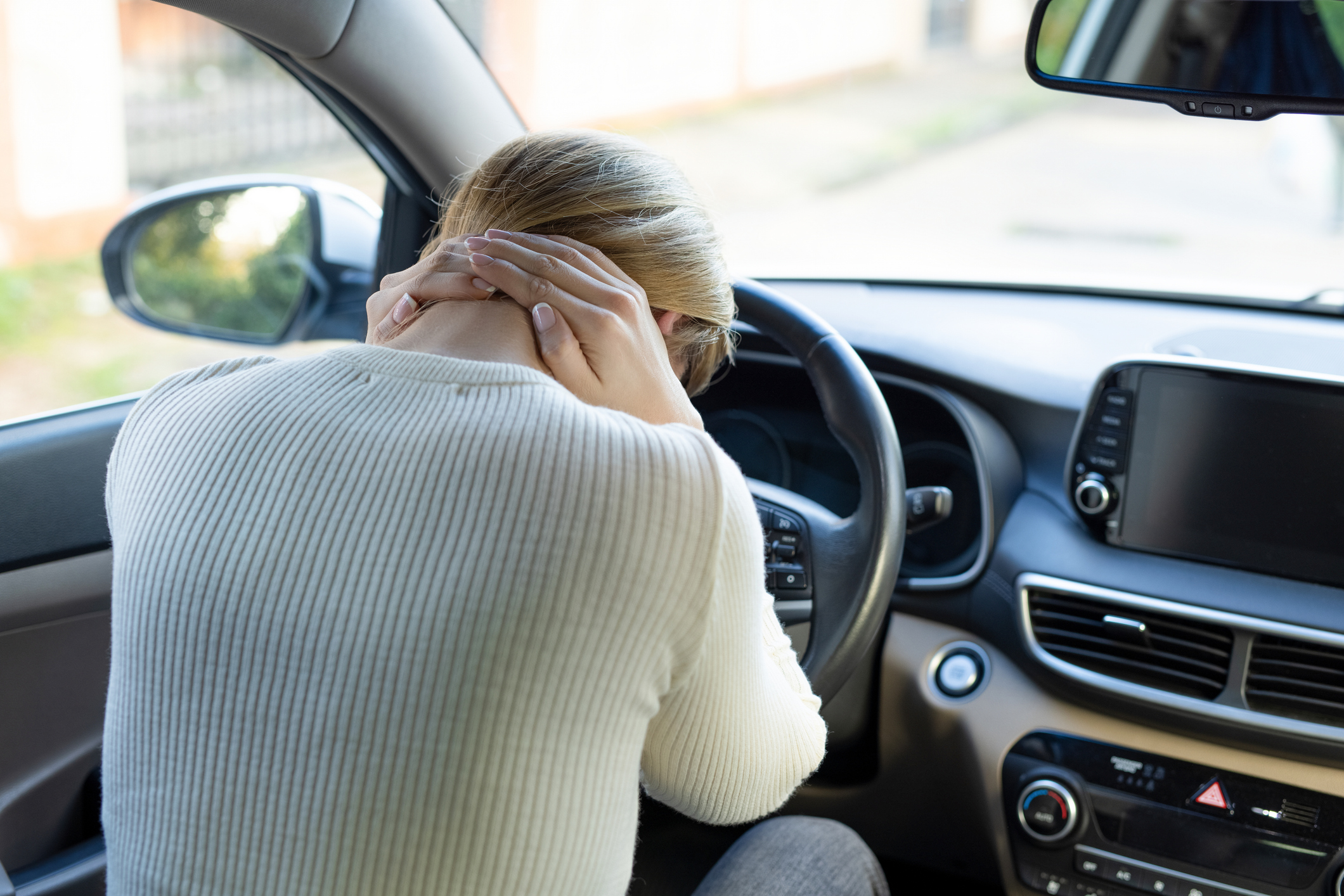What is Uninsured Motorist Insurance?
Uninsured motorist insurance is included in part of every car insurance policy in the state of North Carolina. This coverage protects drivers and passengers when they are involved in an accident with a driver who does not have car insurance. According to the North Carolina legislature, uninsured motorist insurance must include coverage that protects persons who are insured under the policy and who are legally entitled to damages from owners or operators of uninsured vehicles due to injury or damage to the property of the insured.
What Does Uninsured Motorist Insurance Cover?
Uninsured motorist insurance covers the same expenses as traditional car insurance and can assist in the aftermath of an accident with the following services:
- Bodily injury coverage: Uninsured motorist coverage typically includes bodily injury protection that will help address medical expenses, rehabilitation services, or other related costs for injured drivers or passengers involved in an accident with uninsured drivers.
- Property damage coverage: This insurance coverage helps to repair or replace damaged vehicles or other damaged property.
- Hit-and-run accidents: This type of coverage also extends to unidentified hit-and-run drivers to ensure protection if the responsible party cannot be found or flees after an accident.
- Coverage Limits: Uninsured motorist coverage limits are decided upon purchase and represent the maximum amount that an insurance company will pay per person or per accident.
Uninsured motorist coverage typically applies to the following situations:
- Accidents that are caused by motorists who lack liability insurance
- Accidents that are caused by motorists with a bankrupt insurance company
- Accidents that are caused by motorists driving an uninsured vehicle but who have insurance themselves
What are the Penalties of Being an Uninsured Motorist?
The State of North Carolina recognizes driving without insurance as a serious offense with steep consequences, such as:
- Fines: Fines imposed by the state vary based on several factors, including prior offenses and other circumstances of the violation.
- Vehicle registration suspension: A vehicle’s registration may be suspended if the owner is caught driving uninsured, which legally prohibits the operation of the vehicle until proper insurance is secured and the registration has been reinstated.
- Driver’s license suspension: A driver’s license may also be suspended if caught driving uninsured. The period of suspension will vary depending on prior offenses and the length of time that the driver has been uninsured. Driver’s license reinstatement will be accompanied by a fee that may present as a financial obligation to the driver.
- Insurance points: The point system used in North Carolina to track driving offenses will accumulate points for driving without insurance. This can lead to an increase in premiums and affect future driving privileges.
- Other legal consequences: Operating a vehicle without insurance is a legal offense that may result in court appearances and other potential civil matters.
What Insurance is Required in North Carolina?
To legally operate a vehicle in the State of North Carolina, a minimum amount of liability insurance is required. The coverage requirements for personal insurance are the same requirements for uninsured motorist coverage. Those amounts follow the 30/60/25 rule and are as follows:
- $30,000 for bodily injury liability per person
- $60,000 for bodily injury liability per accident
- $25,000 for property damage liability per accident
Additional insurance coverage that should be considered includes:
- Comprehensive coverage: This is recommended for non-collision accidents, such as theft, vandalism, or other natural disasters.
- Collision damage: This type of coverage pertains to repairs or replacement costs following a collision.
- Personal injury protection: This coverage assists with medical expenses, lost wages, and other related costs for drivers and passengers following an accident and applies regardless of fault.
How is Liability Determined in a Car Accident?
To file an uninsured motorist claim, the injured party must prove that they are legally entitled to damages and that the uninsured driver was at fault for the accident that resulted in injury. Then, the insurance company will decide if damages are owed.
Fault, or liability, is based on the legal theory of negligence. To prove negligence, the following factors must be established:
- Duty of care: The injured party is responsible for proving that the uninsured driver owed them a duty of reasonable expectation of safety, which is an inherent duty that applies to every driver.
- Breach of duty: The injured party must establish that the uninsured driver failed to uphold this expectation of care by acting in a manner that a reasonable person would not if in the same situation.
- Causation: The injured party should demonstrate that the breach of duty is directly responsible for the accident and resulting injuries and damage and that without that breach of duty, the accident would not have occurred.
- Damages: This is the monetary amount of damages that are sought due to the accident.
Pure Contributory Negligence
North Carolina operates under pure contributory negligence laws, which means that if a driver is found to be even 1% responsible for an accident, then the driver will be denied recovery damages.
Insurance companies are able to deny uninsured motorist claims under the pure contributory negligence rule.
Do I Need an Attorney?
If you have been injured in a car accident with an uninsured driver, you need legal representation who is prepared to fight for you. Call Rowland & Yauger Attorneys & Counselors at Law today at 910-722-9717 for our Carthage office or 336-691-2876 for our Asheboro office, or fill out a contact form for a free consultation.

 Call Us Now
Call Us Now
